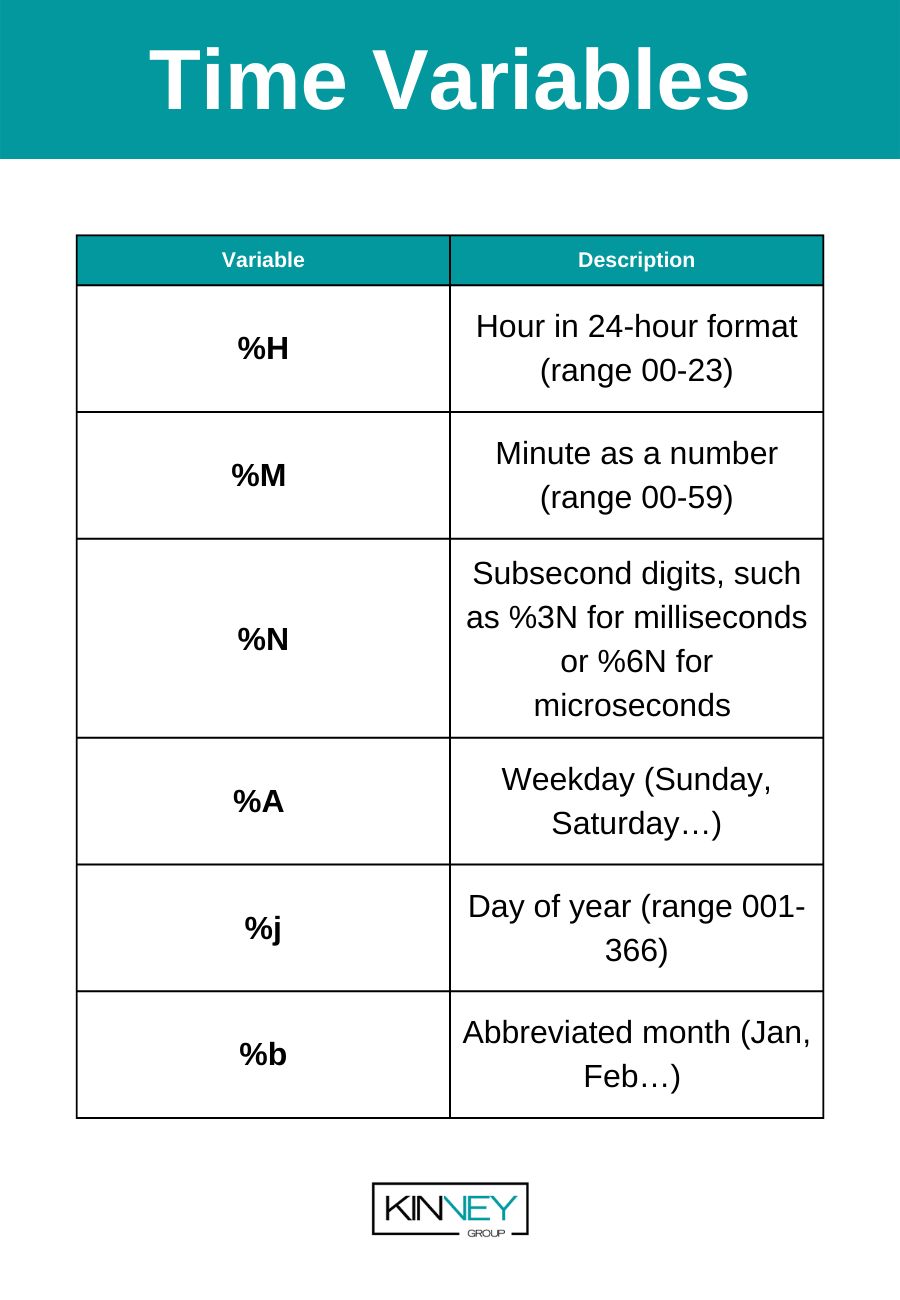

Part of the problem is that, in the comment chain, the parameters surrounding the initial question were changed by the asker. At Splunk University, the precursor event to our Splunk users conference called. Try below, convert 01:10 US/Eastern and 02:10 US/Eastern to Australia/Sydney time, you get 15:10 (Incorrect) and 18:10 (Correct) Sydney time respectively. This is an example that pulls data directly from a. I've been told that the initial question has not been retroactively edited in any way which begs the question of what happened? I understand comments from a comment chain were likely converted to answers without the correct context, but still. The list of timezone names appear to be the standard list from Java. Additionally, you can use the relativetime() and now() time functions as arguments. You can also use these variables to describe timestamps in event data. They are most likely looking for "%Y-%m-%d %H:%M:%S" which is mentioned nowhere, or possibly "%F %T" as mentioned in the comments. This topic lists the variables that you can use to define time formats in the evaluation functions, strftime() and strptime().

#SPLUNK STRFTIME HOW TO#
99% of people who find this page are merely looking to convert epoch time to the default Splunk human-readable format, in which case what they are looking for is barely on this page. Learn how to use the eval functions strptime and strftime to parse and format timestamps in Splunk. A millisecond epoch time is providedĢ) The answer with 16 votes (?) fails to divide by 1000 OR provide the correct formatģ) The answer with 3 votes (?) fails to provide the correct comment of "%a,%d %b %Y %H:%M:%S"is correct, although technically you need to divide by 1000 if you are to use the millisecond epoch time that the post provides. I just need to add the commas: sourceDT indexfreewheel sourcetypedelta earliest-1monm.
#SPLUNK STRFTIME FULL#
To see the full set of format codes supported on your platform, consult the strftime (3) documentation. Considering converting from epoch is one of the most common Splunk questions of all time, considering this page has 46k views, and considering that each and every answer is entirely incorrect (and the actual question itself is misleading) this page is desperately in need of removal.ġ) The question doesn't actually provide a standard epoch time. hi there, I need to add decimal comma separation for a long number such as 2546788 that is, 2,546,788 Then I need to concatenate a string such as ' JAN' + '2,546,788' in the final results. The full set of format codes supported varies across platforms, because Python calls the platform C librarys strftime () function, and platform variations are common. This function takes a UNIX time value and renders the time as a string using the format specified.


 0 kommentar(er)
0 kommentar(er)
